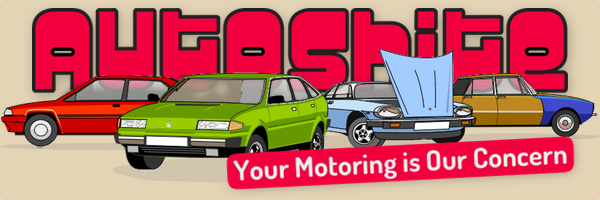Robinmaster's Thread of Insurance Nonsense
-
Similar Content
-
Robinmaster's Occasionally Updated Spottage Thread
By robinmasters,
- 16 replies
- 1,602 views
-
The latest 405 nonsense
By carlo,
- 17 replies
- 2,012 views
-
- 251 replies
- 33,705 views
-
Insurance Woes
By Stroller133,
- 10 replies
- 1,171 views
-
Saturday Collecshiun Nonsense - Toyota Celica ST - MOT Update 1 2
By Hawkeyethenoo,
- 52 replies
- 4,027 views
-





Recommended Posts
Create an account or sign in to comment
You need to be a member in order to leave a comment
Create an account
Sign up for a new account in our community. It's easy!
Register a new accountSign in
Already have an account? Sign in here.
Sign In Now